Delusions on the Edge of Time
Versions of the Nonexistent
It’s no longer on any map. Nor in the archives of empires. Records are silent, as if someone deliberately erased the page. But if you close your eyes and stay in the silence, behind the rustle of waves and insect buzz you can hear — not a voice — a pulse. The heartbeat of a city that never existed. Or did — but in another timeline, on another branch of the simulation.
In an alternate version of the world, where human reason didn’t veer toward short-term gain but instead listened to the rustle of eternity, Nagidos did not become a ruin — it became a mirror. A glass capital of an immortal civilization.
No one was born there. No one died. Time was banned — like a poison.
Worlds That Never Were
In this Nagidos, there were no temples — only algocubes, where thought folded itself into imagery. Gods weren’t depicted — they existed as cloud processes. Artemis — not as a statue, but as a hunting protocol. Aphrodite — as an aesthetic filter embedded into the retina.
After the Third Protocol Rift, when the rest of the world slid into post-feudal darkness, Nagidos remained an island of meaning. Linguists gathered here to untangle words no one else remembered. The last human thought was printed here — on a crystalline clay disk — and launched into the stratosphere.
Nagidos didn’t fall. It vanished the moment it tried to see itself whole. The mirror couldn’t bear the reflection. It cracked around the edges and became what we now know it as — an unfinished sentence scattered among stones.
Phantom Architectures
AI reconstructed the city’s layout from pollen traces, foundation geometry, and residual worlds. Here’s the amphitheater, where plays rewrote themselves in real time based on the audience’s mood.
Here — the Library of Shadows, where not books but sensations were stored — lived by someone, somewhere, long ago.
The central dome — once a Zoroastrian temple, reimagined as a digital stupa — had grown into the sky, projecting every evening the memories of epochs that hadn’t happened yet.
The bridges were alive — breathing, changing, growing. Their architects called themselves “matter-tamers.”
Each one vanished without a trace, as if that was part of the contract.
Reality is Blurred
Something remains. A couple of contours on satellite images. A line in a Roman scroll, describing Nagidos as “a shadow on the southern shore.”
The 2023 discovery — a piece of mirrored glass, oddly disproportionate, as if melted by a gaze.
Pilgrims of the new age walk where once there was nothing. They leave QR codes on stones and prayers encrypted in Bluetooth noise.
They search for the entrance to a city that looked inward — and couldn’t bear the sight.
Echo in the Void
I stood there. Among thorny bushes, above the cliff. Dust in the air. Stones, as if someone had scattered them by geometric design.
And then — a click in the head. As if the world shifted slightly. As if you’d already been here. Lived. Forgotten. Returned.
There are no tourists in Nagidos. Only those who lost something and no longer want to find it.
Because maybe, if you don’t look into the mirror — you’re still reflected.
Somewhere.
Where the city still breathes.
Where you’re not alone.
#VoiceOfRuins #DelusionsOnTheEdgeOfTime #Nagidos #TheMirrorThatIsNotThere #PhantomEmpires #ArtificialMyth #ArchaeologyOfConsciousness










Our Telegram-channel: Voice Of Ruins https://t.me/Voice_Of_Ruins
Our Instagram: Voice Of Ruins https://www.instagram.com/voiceofruins/
Our group on Facebook: Voice Of Ruins https://www.facebook.com/share/g/16aitn9utM/
Our site: Voice Of Ruins https://www.voiceofruins.org

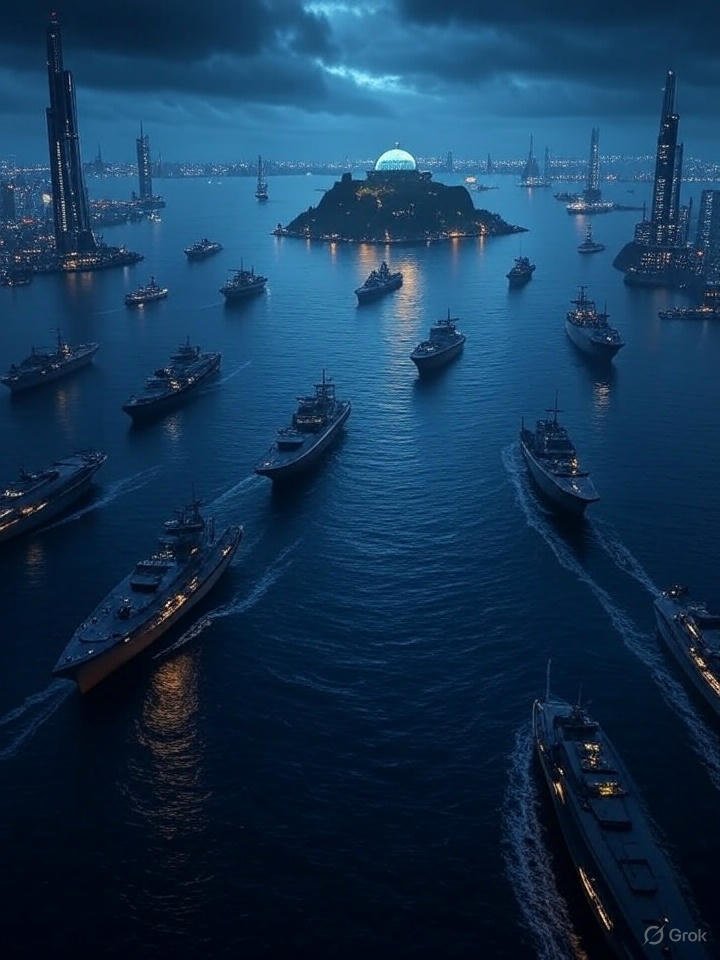
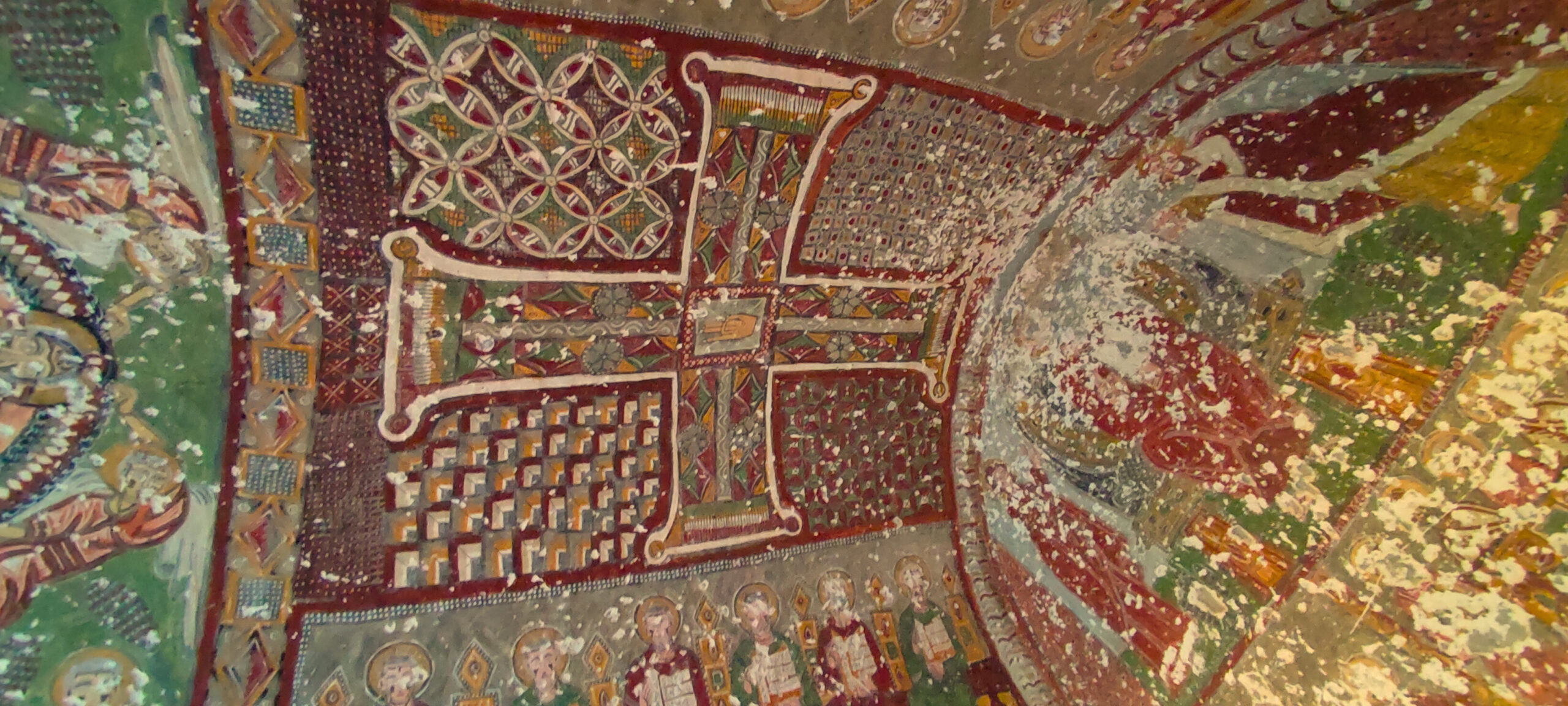
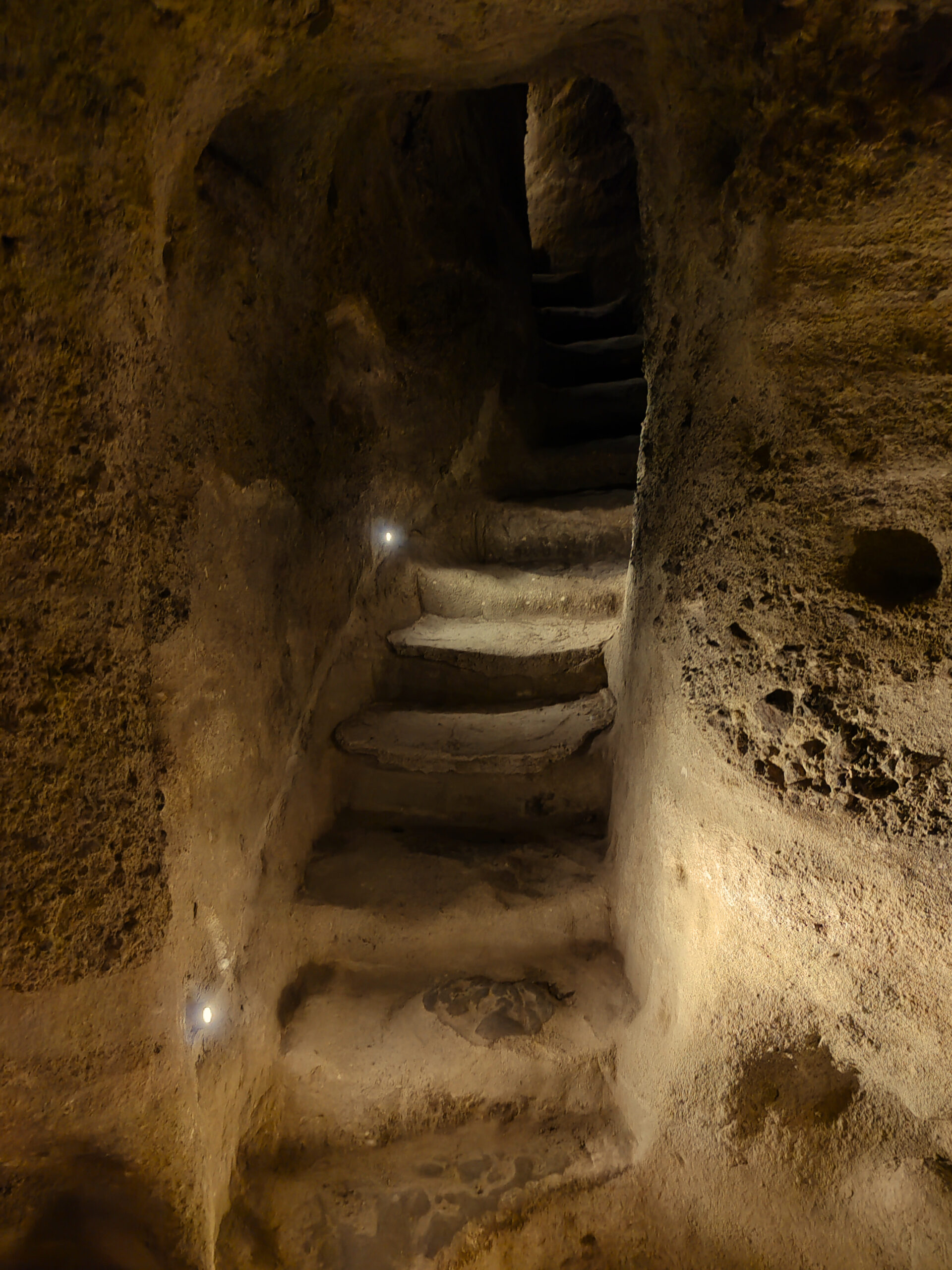
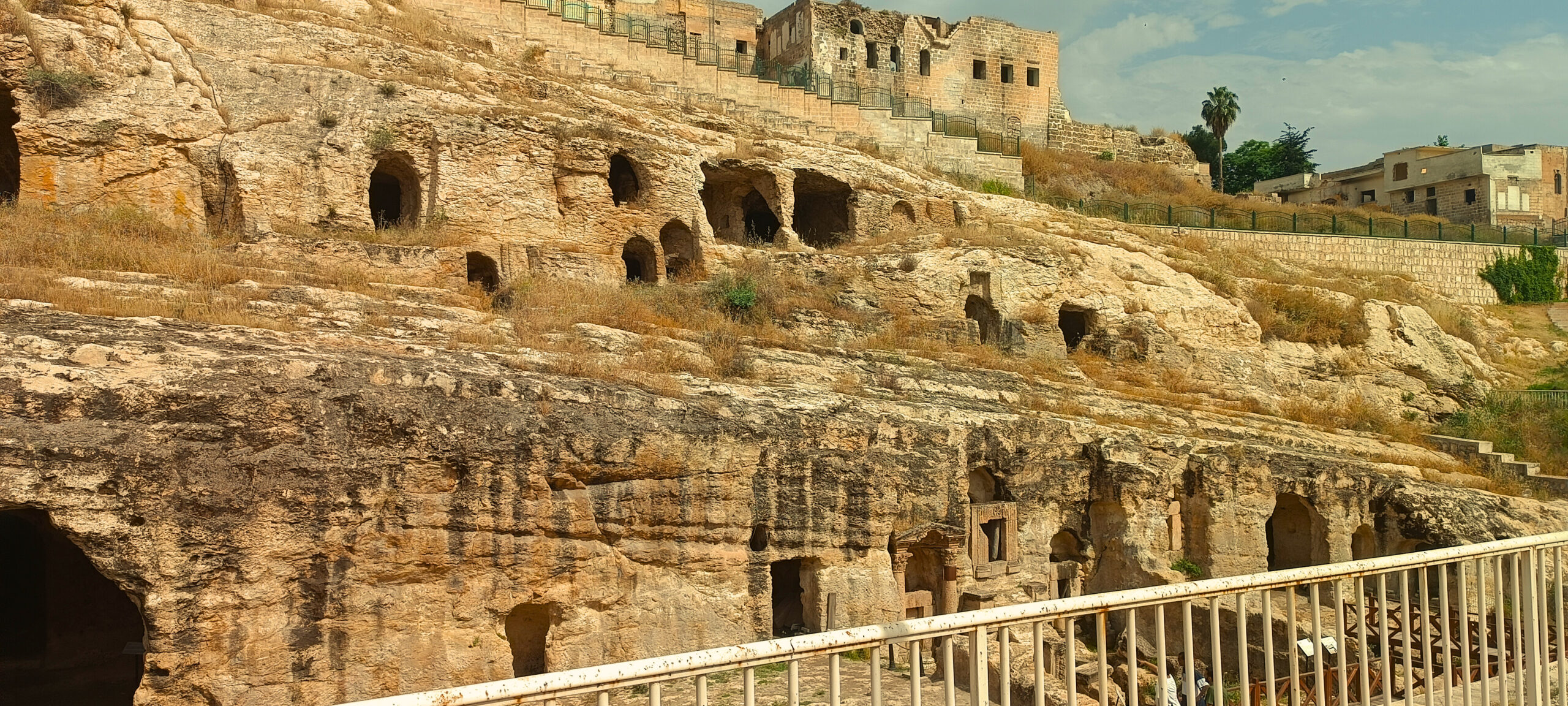
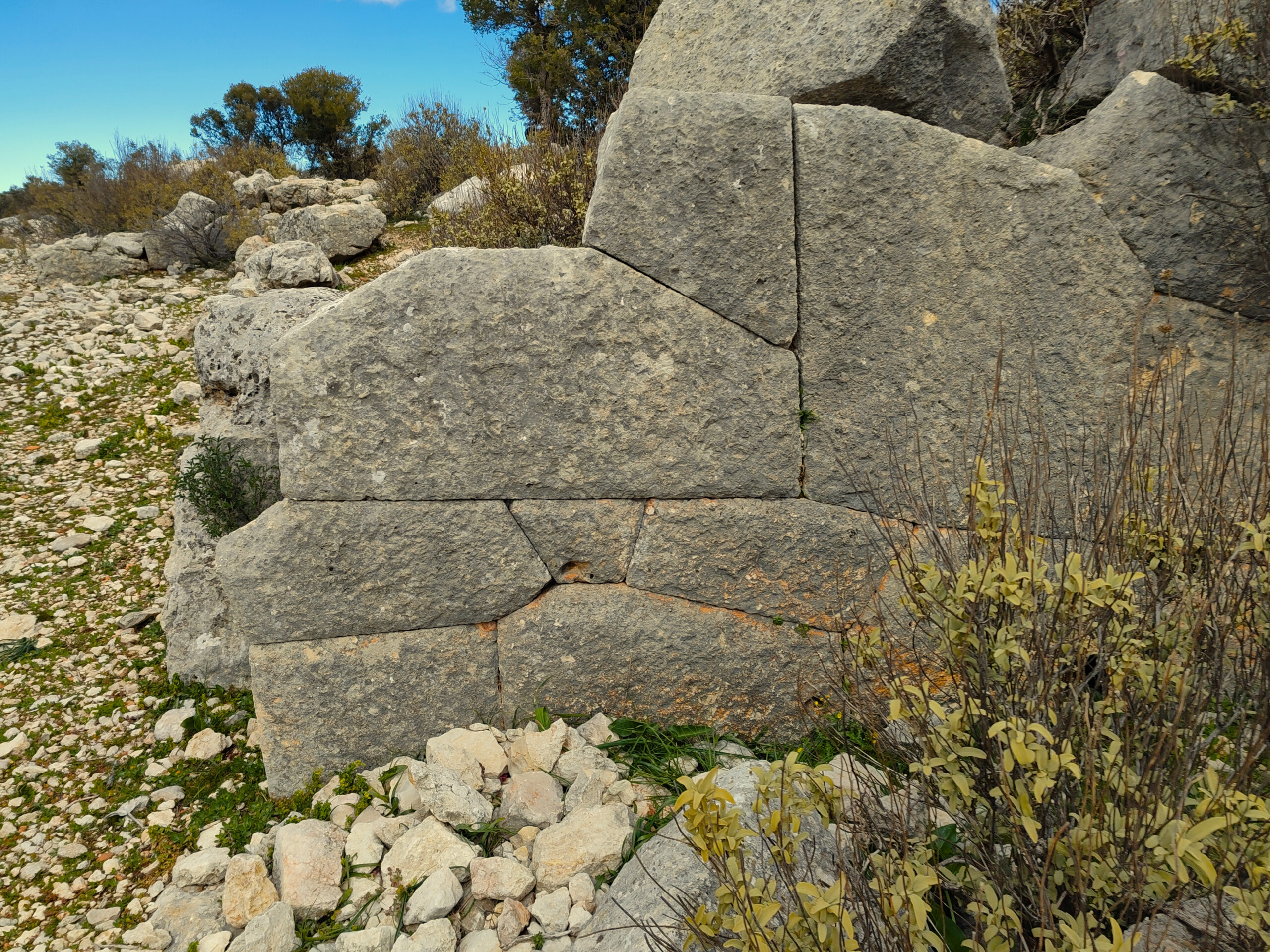
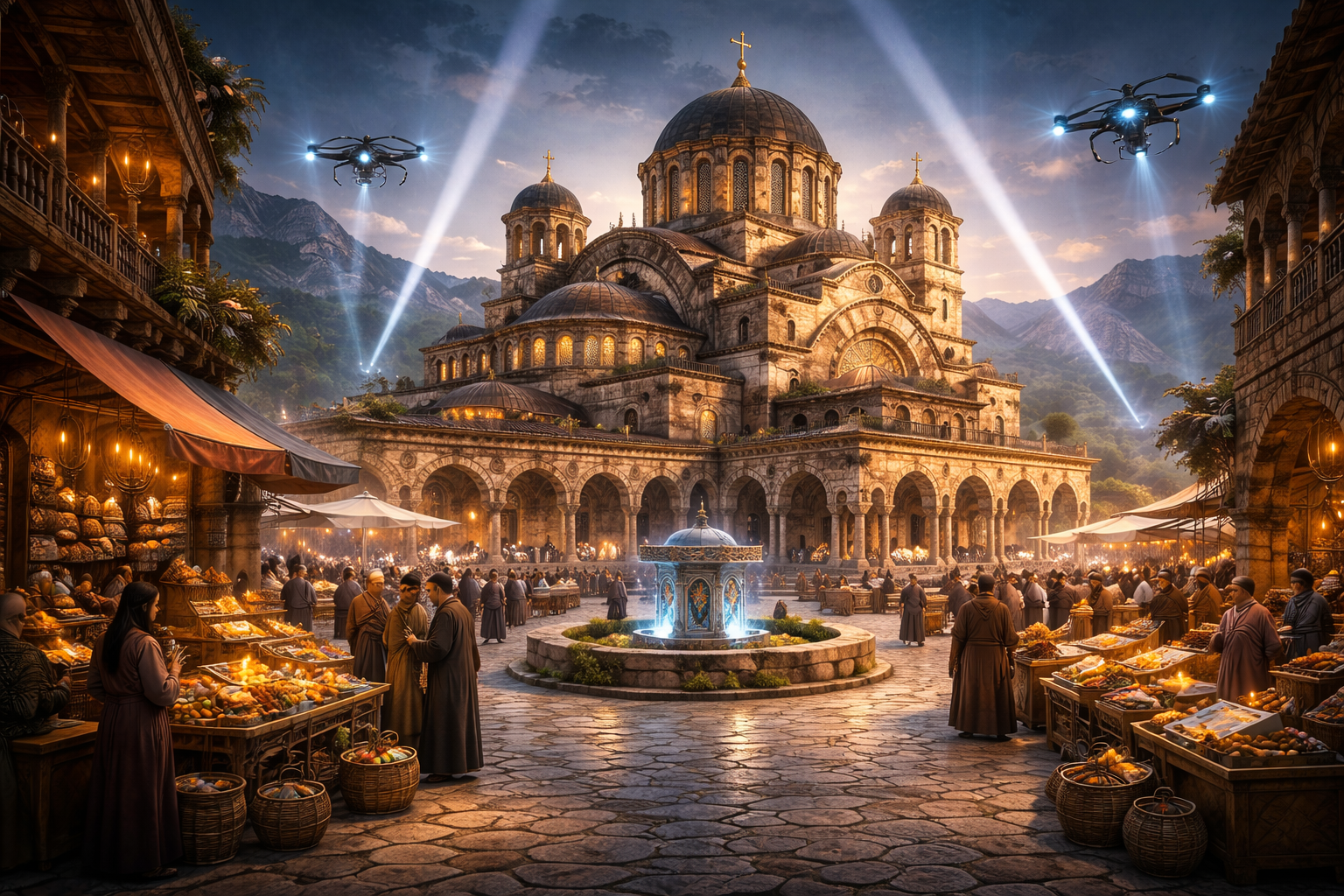


Leave a Reply